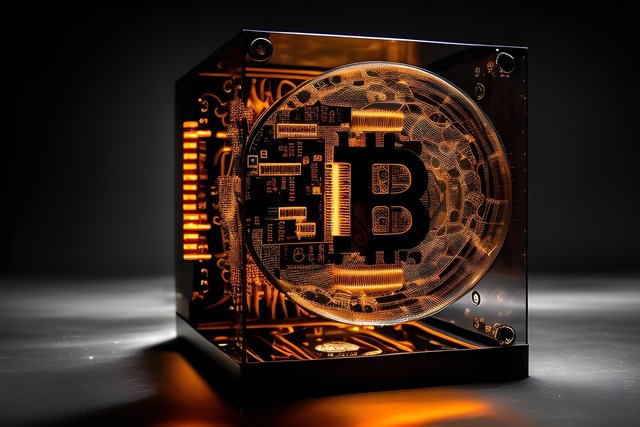The Critical Role of Blockchain Oracles in Bridging Real-World Data With Decentralized Networks
Decentralization is one of the biggest strengths that the blockchain technology possesses when we speak about it. This implies that there is no individual in charge of the system and transactions could be done without intermediaries. Nevertheless, a major issue with blockchains is that it is unable to directly access real-life information beyond its own network. Here blockchain oracles come in. They can be used to bridge the gap between the blockchain and the real world and ensure that smart contracts can be used with real-life data.
An oracle is like a messenger. Oracles bring information to the blockchain just as in the old times when a messenger was used to pass information across different cities. To illustrate, when a smart contract is written to compensate a farmer in Nigeria, when there are three rainy days in a row, the blockchain, itself, is not aware of whether it has rained or not. Nevertheless, an oracle might also gather weather information on a reliable source and inject it into the blockchain to allow the contract to be automatically implemented.
The oracles are essential due to the fact that without them, smart contracts will be blind and restricted. Blockchains are strong, and they exist within a closed system. They can just observe what is going on the chain. But the real world is where most things that matter in business, finance, health or agriculture are taking place. Oracles help blockchains to communicate with the real-life experiences by importing external data into the blockchain. This relationship presents some vast possibilities.
Finance In finance, oracles are employed to present the current price of a cryptocurrency, stock, or even a commodity such as oil and gold. Decentralized finance (DeFi) platforms rely so much on such oracles to ensure that any lending, borrowing, or trading decision is correct and fair. In the absence of oracles, DeFi will be volatile, as the blockchain will not be aware of the actual market prices at any point of time.
Oracles may be employed to monitor the goods in supply chains. As an example, when a shipment of medical supplies is shipped out of Lagos and into Abuja, an oracle can verify the shipment and pay up on the blockchain. This minimizes fraud and creates confidence between the buyers and sellers.
I find this concept extremely strong since this demonstrates that blockchain is not only about cryptocurrency. Oracles can be used in Nigeria, such as in agriculture where information about rainfall or crop prices, or soil conditions can be utilized, and smart contracts that safeguard the farmers and traders can be developed. Just imagine a farmer being automatically paid in case crop is damaged by weather conditions, just because the oracle provided proper data.
Trust is of course one issue with oracles. The accuracy of the data is also very important since they introduce data, which is not internal. When the oracle conveys negative news, the entire system is not able to work. Through this, several sources of data are being developed to create decentralized oracles where data is combined to prevent any manipulations.
To sum up, blockchain oracles can be viewed as bridges that help to connect two worlds: the safe, and decentralized one, of blockchains, and the unpredictable but the real world we live in. The absence of them would make blockchains remote and insular. Smart contracts can literally transform the business of the financial sector, agriculture, medicine, and logistics with them. Being a Nigerian, I am able to see how well this technology can solve a lot of issues in our locality. Oracles are not merely technical means, but they are the key to make blockchain useful in everyday life.

There are so many information that you have shared with us. This information is always help me. Thanks for sharing.